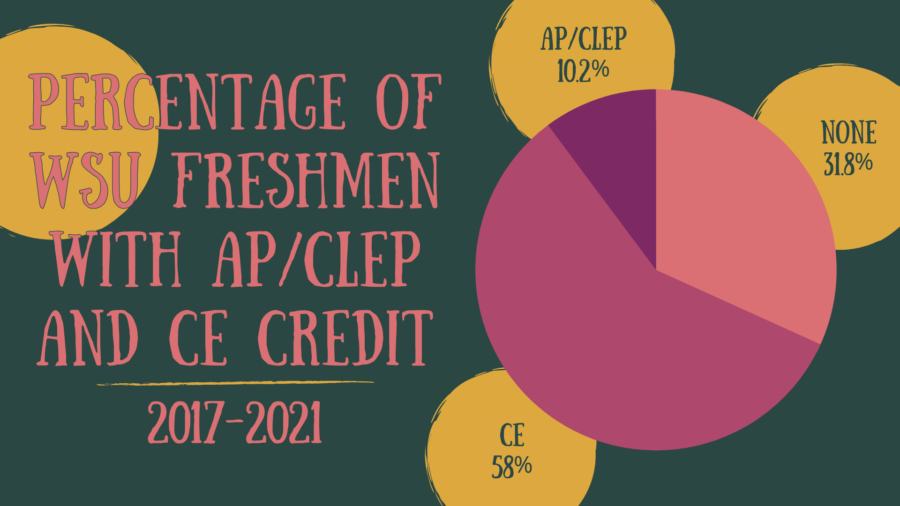In 2016, Faculty and staff returned from an Adobe sponsored event excited to share what they learned with their peers and students – Weber State University organized a Digital Fluency Council to determine the best way to prepare students for the future.

Three members organize the Digital Fluency Council – Carey Anson, Alan Ferrin, and Brenda Kowalewski, Ph.D., the Associate Provost – and has grown to nearly 55 people, according to Kowalewski.
Together, their team has worked to identify the skills employers desire, develop online training modules, and negotiated an agreement with Adobe to make their Creative Cloud available to all WSU students, faculty and staff.
Local businesses spoke to the council. They expressed a need for employees with skills in creating engaging documents, performing research online, and being comfortable with technology, according to Ty Naylor, the IT Marketing and Training Director.
According to Kowalewski, digital fluency is essential to WSU students because employers are looking for people who are comfortable with digital tools and learning new ones as necessary. “Employers expect digital platforms to come and go in this fast-moving technologically driven world, so the digital skills they are looking for are not specific to a particular digital product like excel spreadsheets, for example,” she said.
Employers are looking for employees who are familiar with many different digital tools and aren’t as concerned that proficiency is with the specific software they are using. An employer looking for a data analyst, for example, doesn’t mind if the employee knows PowerBI or Tableau.
As Kowalewski says, “Rather, employers expect new hires to be familiar with data compilation and visualization, for example, and therefore new hires should have some level of proficiency with a platform that allows them to successfully perform the skill.”
The council came up with three skill categories for digital competencies, according to Kowaleski – create, collaborate and consume.
The create competency includes; The ability to create professional documents, properly cite sources, use objects appropriately as stand-alone or embedded in documents, create quality audio and video content, and work with data.
The collaboration competency includes the ability to participate and manage online meetings, utilize online collaboration tools, and join with a diverse global online community.
The consume competency includes identifying accurate sources that pertain to the topic at hand, critically evaluating information found on the web and attributing works correctly.
I hit the street to see if students felt adequately prepared for a digital world.
The first student I talked to, Holly, said she doesn’t feel like many of her classes have made her more digitally fluent. “I feel like in High School and Jr. High, they expect that you don’t know how to use Word, so they show you the basics,” she said, but once she got to WSU, English classes haven’t shown much of how to use the tools and math classes haven’t taught spreadsheets–Holly is a computer science major.
A political science major, Brandon, said that he had learned a lot about creating presentations, citing sources and identifying which are good quality from his major classes.
“Weber State is doing a good job of giving us the tools to succeed,” the Junior said.
Zach Pickett, WSU alumni of the College of Engineering, said, “I feel pretty confident with Word and Excel. I have been able to confidently present information in a professional setting.”
Kowalewski added that they had developed online training modules through WSU’s Computer Literacy Center and secured a license to LinkedIn learning for Faculty and Staff.
The council also created an active learning classroom in Lampross Hall to assist faculty in merging digital fluency into their assignments and more are planned for the future.


















